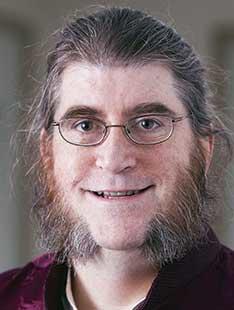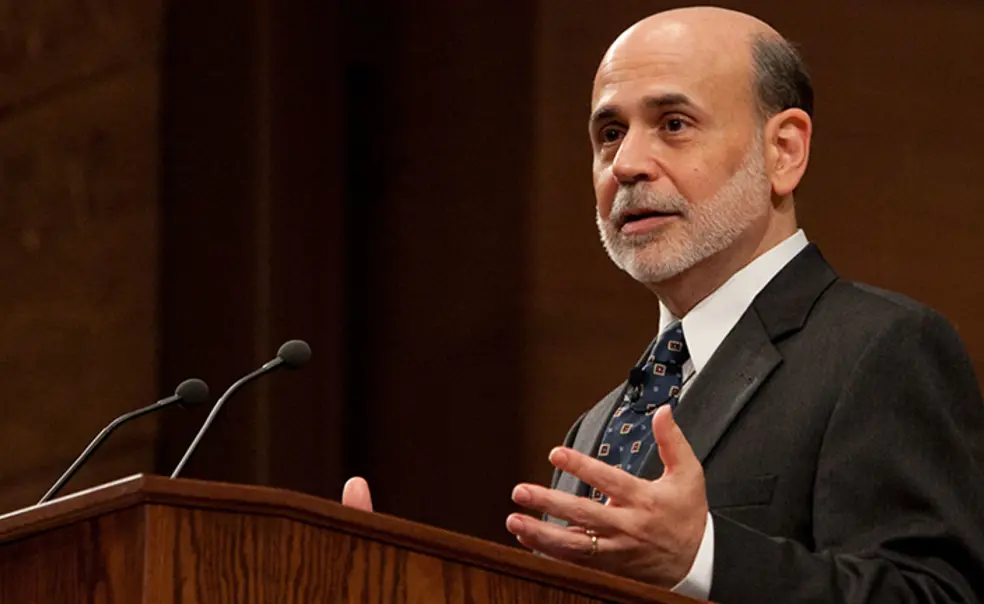Nobel Prize in Economics Awarded to Former Princeton Professors
Ben Bernanke and Philip Dybvig are the 16th and 17th economics Nobel winners who’ve either studied or taught at Princeton
Ben Bernanke and Philip Dybvig, both former Princeton faculty members, were named recipients of the 2022 Sveriges Riksbank Prize in Economic Sciences in Memory of Alfred Nobel Oct. 10.

The Nobel Committee also highlighted the recipients’ analyses as having “great practical importance in regulating financial markets and dealing with financial crises,” noting that the research indicated why avoiding bank collapses is vital.
“The laureates’ insights have improved our ability to avoid both serious crises and expensive bailouts,” said Tore Ellingsen, chair of the Economic Sciences Prize Committee, in the announcement.
Bernanke is best known for his work outside academia, most notably his tenure as chairman of the Federal Reserve, during which the U.S. weathered the bankruptcy of its fourth-largest bank (Lehman Brothers), a significant economic crisis, and an unprecedented financial bailout. During that turbulent period, Bernanke was praised in economic circles and confirmed by the Senate for a second term as Fed chair.
“All of us at Princeton know Ben Bernanke to be not only a marvelous scholar but also a generous teacher, beloved colleague, and devoted University citizen,” said President Eisgruber ’83 in a University article about the Nobel announcement. “By using his path-breaking research, extensive learning, and practical wisdom to help lead America through a difficult financial crisis, Ben has exemplified brilliantly Princeton’s commitment to be ‘in the nation’s service.’”
Bernanke joined Princeton’s faculty as a professor of economics and public affairs in 1985. In 1996, he was named chair of Princeton’s economics department.
In 2002, Bernanke took a public service leave from Princeton’s faculty and joined the Federal Reserve Board. He chaired President George W. Bush’s Council of Economic Advisers from 2005 to 2006 prior to being named Fed chairman in 2006, a role he held until 2014. Since then, he has been a distinguished fellow in residence at the Brookings Institution.
Dybvig served on Princeton’s faculty as an assistant professor of economics from January 1980 to June 1981. Since 1988, he has taught at Washington University in St. Louis, where he is currently a professor of banking and finance.
The Nobel recipients will equally split the prize of 10 million Swedish kroner, which is just less than $900,000.
Bernanke and Dybvig are the 16th and 17th economics Nobel winners who’ve either studied or taught at Princeton. David Card *83 and Joshua Angrist *89 were among three economists who shared the award last year, and more than 50 Nobel Prizes have been awarded to Princeton faculty, research staff, and alumni.












No responses yet